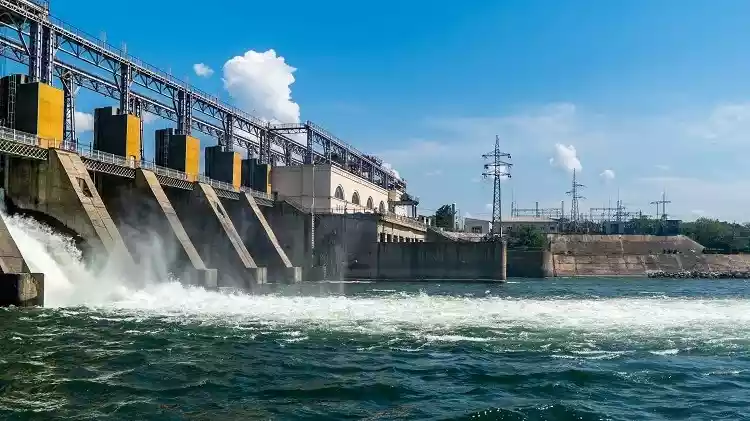
There is no prize for guessing that biting power cuts are on the horizon.
The Zambezi River basin did not receive much rainfall this season to fill up Lake Kariba, where Zimbabwe’s 1 050 megawatt (MW) hydroelectric power station is located.
Latest Zambezi River Authority (ZRA) statistics show the dam is operating at 15% of its capacity. And the water levels are falling.
At full capacity, the Kariba Dam generates 30% of Zambia's 3 4 00MW power requirement and about half of Zimbabwe's requirements.
If the dam falls short, both countries would have to rely on imports from neighbouring countries. However, Zimbabwe has a bad reputation when it comes to imports.
The country has become notorious for defaulting on payments and not honouring debts. Sometimes the country has had to pay up-front or had to look for alternative power sources from within.
But the country is facing foreign currency shortages. This presents an opportunity for Independent Power Producers (IPPs), who have been trying to set foot on the Zimbabwean market.
As always, in times of crisis, opportunities abound. IPPs must position themselves to grab their share.
- No hope for Batoka 50 years on . . .Zimbabwe, Zambia just rotating around, says Gata
- No hope for Batoka 50 years on . . .Zimbabwe, Zambia just rotating around, says Gata
- No hope for Batoka 50 years on . . .Zimbabwe, Zambia just rotating around, says Gata
- ZVDT laments lack of development in Zambezi Valley
Keep Reading
The country has over 100 IPPs with a cumulative potential to generate 8 000MW.
However, only 61MW are being produced now. Recently, the government licenced 10 more IPPs, which are Mutorashanga Indo Africa Solar with a capacity of 10MW, Guruve Solar Energy Project (5,5MW), De Green Rhino Solar (50MW), Equinox Solar (10MW), Murombedzi Solar (10,5MW), Great Zimbabwe Mini Hydro (5MW), Par Valley Energy (50MW), Acacia Energy (50MW), Energywise Vungu Solar (30MW) and AF Power, which has capacity to generate 50MW.
Unfortunately, many of the new players have been frustrated by the Zimbabwe Power Company's failure to pay them on time. This has not only stifled their growth, but has also discouraged many to kick start their projects.
However, with the view that demand is set to double in the coming year, increasing the deficit that has been caused by El Niño, IPPs must use this opportunity to come up with a working formula.
In the current scenario, IPPs have an upper hand and should talk to authorities about their challenges.
On their part, IPPs must prove that they can be a trusted source of alternative energy so that even post-crisis, the nation will have confidence in them.
IPPs play a crucial role in contributing to economic development, energy security, and the transition to sustainable and reliable power sources.
IPPs contribute to meeting the growing demand for electricity, diversifying energy sources with a focus on renewables, creating jobs, and improving access to power in remote areas. They must be respected as they are able to bring light at the end of the tunnel.







